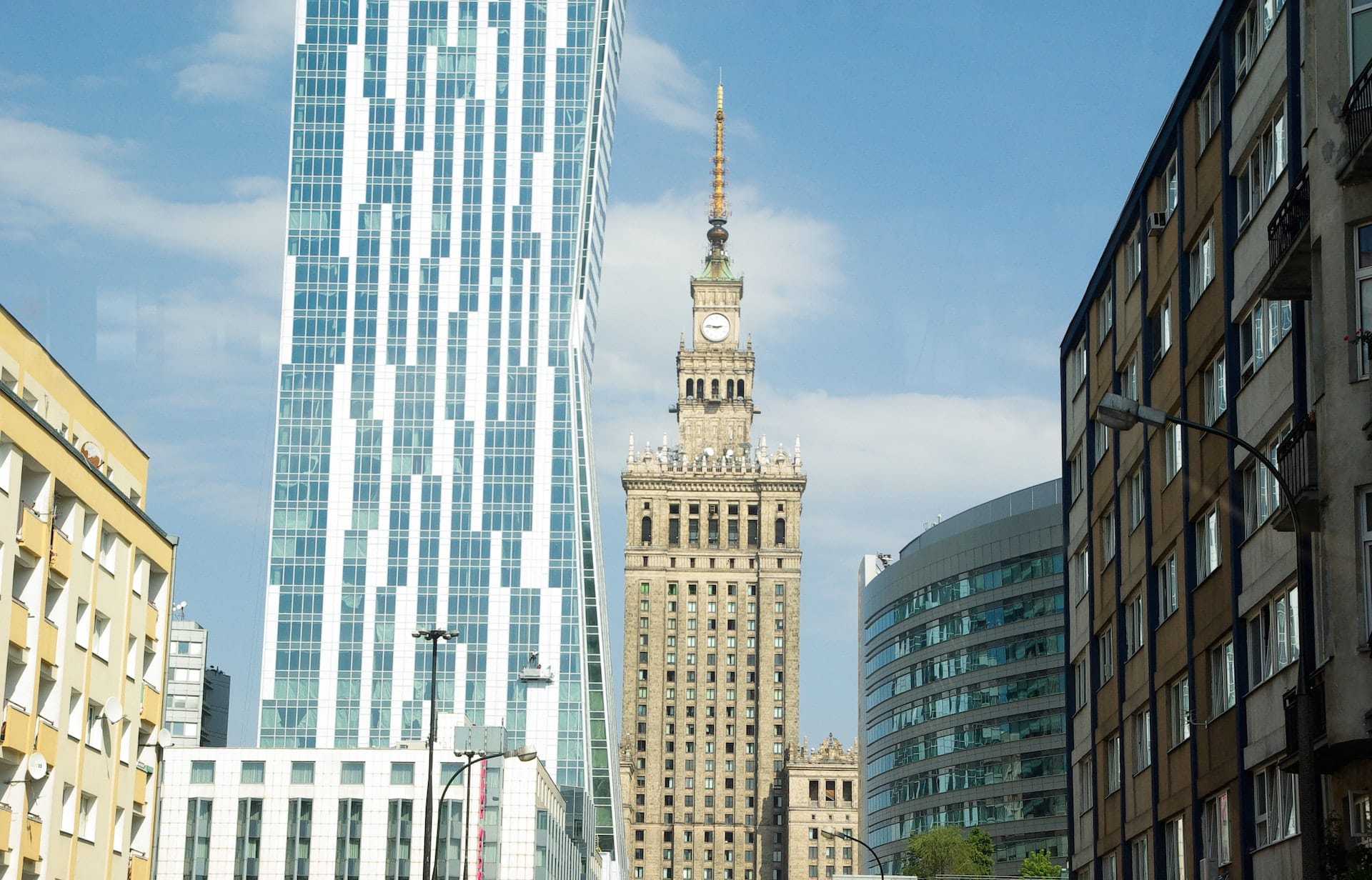The year 2023, despite an economic slowdown, did not bring about a drastic deterioration in the overall financial situation of Polish companies, although a weaker economic environment was strongly felt in some sectors. This topic is discussed in detail in the latest report by Bank Pekao S.A. analysts, which outlines prospects for the Polish business sector and its individual branches.
The past year, marked by economic slowdown in Poland and Europe, did not cause a drastic degradation of the financial situation of Polish companies. We do not yet know the full-year results, however, after three quarters, the aggregate net result of medium and large firms was only 4% lower than the record level of the same period in 2022, due in part to slightly lower (0.5 pp) profitability levels. There was also no significant increase in the percentage of businesses reporting net losses, and their investment activity (measured by the input level and its ratio to depreciation or revenues) was even higher than the previous year.
With inflation softening and quantitative demand decreasing, there was a slowdown in companies’ revenue growth, which, however, was compensated by less pressure from material costs. From quarter to quarter there was also a gradual normalization of energy costs, although these were a significant burden on the profitability of several of the most energy-intensive industries. Labor costs, which increased by 15% year-on-year in the first nine months of the year, have now taken the lead in terms of cost pressure. The IT sector, in particular, suffered significantly from wage pressure during the past year.
As anticipated by Bank Pekao S.A. analysts at the beginning of 2023, better-than-average results were reported by producers and distributors of essential goods (food, pharmaceuticals), and solid profit margins were again shown by waste management companies. However, there were also positive surprises, such as the very good performance of the accommodation and gastronomy industries, and construction. At the opposite extreme were many energy-intensive branches of industrial processing producing intermediate goods (metal, chemicals, metal products), the wood and furniture industry experiencing demand collapse in Europe, automotive and electronics industries suffering for longer due to component shortages, and road freight transport, which saw cyclical slowdown supplemented by unfavorable regulatory changes and strong wage pressures.
The Polish economy entered the new year hoping for faster economic growth, which should primarily be driven by private consumption. This puts sectors heavily oriented towards domestic demand in a better position, especially producers and distributors of consumer non-durables or various consumer services (including hospitality, tour operators, and other leisure services). Analysts also anticipate continued high activity in business services related to the digitization processes, innovation improvements, or operational efficiency increases in companies (including Information and Communication and Professional, Scientific and Technical activities). A faster increase in consumer demand will also benefit (at least in some segments) trade as well as transport and logistics, and the broad energy sector, where good demand prospects overlap with favorable cost trends (normalization of gas and coal quotations, a strong correction in the price of CO2 emission rights).
The extent of the economic rebound in industries producing durable, intermediate, and investment goods remains uncertain. Domestic factors that may hold back growth in these sectors include the persistently high-interest rates and the slowing investment activity of companies. An additional burden for most of these sectors is their strong orientation towards exports to Western Europe (mainly Germany), where the expected revival will be delayed and significantly weaker, further burdened by a standstill in the local construction sector, and possibly also the automotive sector. However, the chemical industry seems to be an increasingly bright spot in this group with noticeable signs of improvement in the EU and a significant easing on the cost side compared to previous periods (decline in gas prices, normalization of energy costs).
An acceleration in economic growth does not necessarily translate into an improvement in companies’ results and profitability. According to Pekao analysts, 2024 could be unusual in this respect, resembling the situation from 2017-2019, when persistently strong labor costs put pressure on companies’ profit margins. The chosen macro scenario assumes that wage growth will remain high (further supported by a strong increase in the minimum wage), which will be harder to offset through price increases for products and services in a lower inflation environment. Service sectors and those industries characterized by above-average labor intensity and relatively low current average wages – especially those facing still uncertain demand prospects (e.g., wood and furniture production) – are particularly exposed to the negative impact of rising labor costs.
